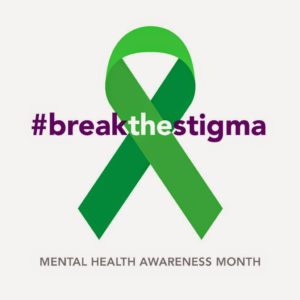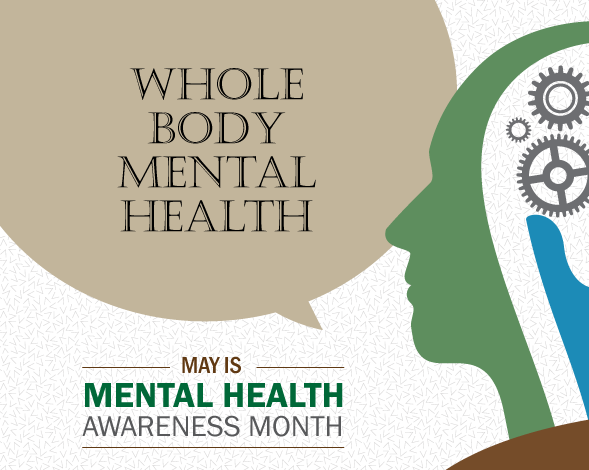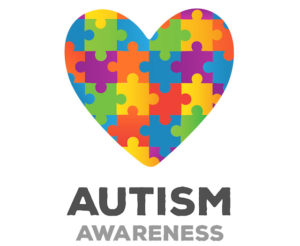Being diagnosed with anything can be hard, but a diagnosis of a mental illness can be particularly hard to deal with. You might wonder why this has happened to you and how a diagnosis will affect your life. But no matter what, it’s important to remember that you are not your diagnosis—you are a person that happens to be dealing with a mental illness.
The medical system may not be the only way to deal with mental illnesses. You don’t have to adopt a strictly medical point of view—some people find it helpful, but others don’t. But you will likely have to work with people in the medical systems, such as doctors and mental health professionals, to access treatments and other forms of support. This system is based on the process of looking at your signs, symptoms and test results to find answers. The first step is generally to clarify the diagnosis—what may appear to be a mental illness may instead be an unexpected medical condition. The diagnosis is how health professionals organize the problem you experience. It’s the start of a process to get you feeling better.
Why me?
When you’re diagnosed with a health problem, particularly a long-term health problem, it’s normal to feel many different things. Mental illnesses are no different. Sudden signs of a mental illness may be very frightening. Even if you’ve privately suspected a mental illness for some time, hearing the diagnosis from a doctor can still be troubling. The way your health professional investigated your problem and explained the diagnosis to you can also have a big impact on how you feel about it. Many people feel some combination of:
Relief—My problem has a name, and now I know why I’m not feeling well.
Hope—I can find a treatment that works. Now I can figure out how to cope with this.
Fear—I’m scared of what I think my diagnosis means.
Shock/Denial—This can’t be happening. Not me. Mental health problems happen to other people. This is a reflection on who I am as a person. I feel flawed.
Shame—This is a reflection on who I am as a person. I feel flawed.
Confusion—I don’t understand what all of this means, or no one has given me the answers I need. I don’t think my diagnosis matches how I see the problem.
Anger—Why did this happen to me?
Guilt—How did this happen? Why didn’t I see it, or see it sooner? It’s my fault.
Grief—My life will never be the same. I feel like I’ve lost myself.
Loss of control and hope—I feel powerless. I don’t know what to do. I don’t see how I’ll ever cope with this.
Is it my fault?
When you’re diagnosed with a mental illness, it’s easy to wonder if you caused it yourself. Close family members may also blame themselves. No one is immune from mental health problems. It isn’t a moral weakness or a flaw in your character. Just like other health conditions, it’s very rarely due to one specific thing. There are often lots of different factors involved that can influence if you get a mental illness. These factors include:
Your family history
Stressful events—like loss, conflict or childbirth
Stressful life situations—like having a low income or poor housing
Other health problems, including a substance use problem or another mental health problem
The environment—including the seasons
Your personality and your thinking style—how you look at the world and how you deal with troubling events or situations, much of which is learned by watching how people around you cope
Being diagnosed with a mental illness can be extra hard. You might have difficult thoughts around the diagnosis. On top of that, you may also be dealing with the difficult feelings that are part of many mental illnesses themselves. It can be hard to take all of this information in. But you don’t have to come to terms with everything right away. You’ll likely hear a lot of different information. With time, you will become an expert on your own mental health. But right now, all you need to know is that it’s okay to feel like you aren’t sure how a mental illness fits with your life, and that it’s okay to take time to figure everything out. Recovery from a mental illness is expected. It is not a life sentence. You can also learn how to cope with symptoms so they don’t have a big impact on your day-to-day life. Treatment for a mental illness may include a combination of medication, talk therapy and healthy living skills. Your exact combination will be unique—there is no set formula that works for everyone. Most importantly, remember you are not alone.


